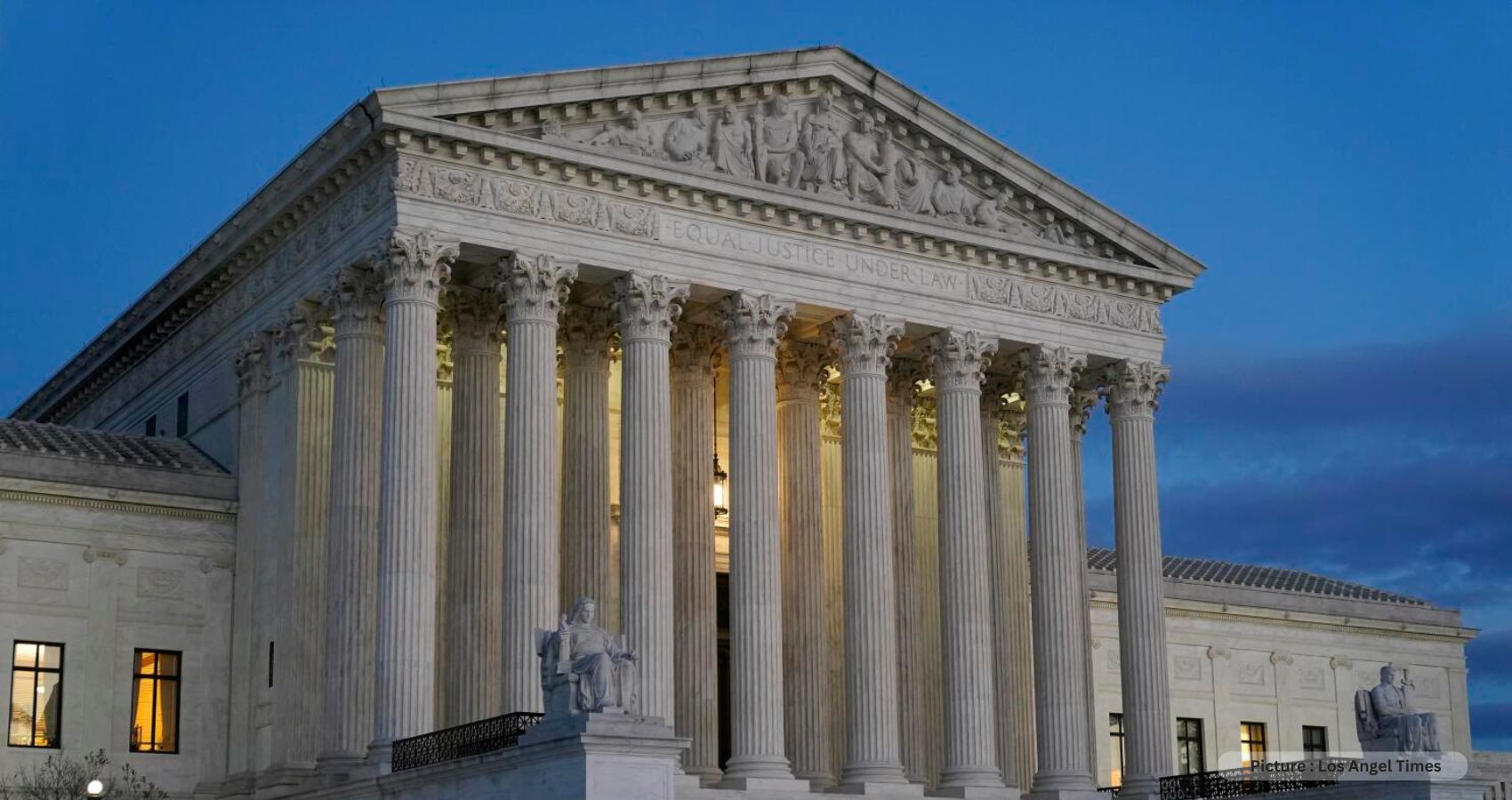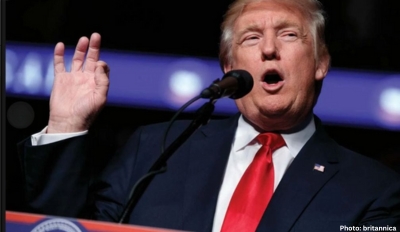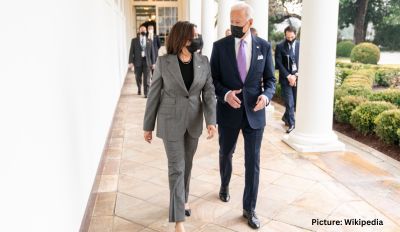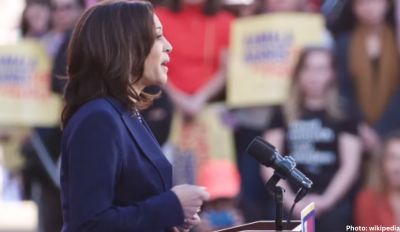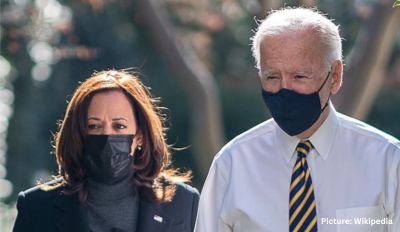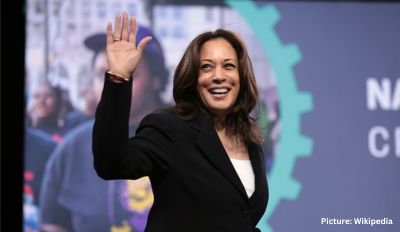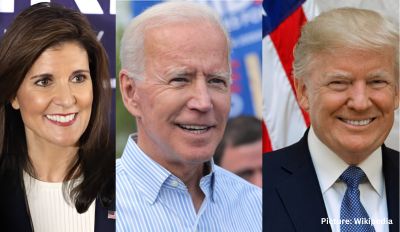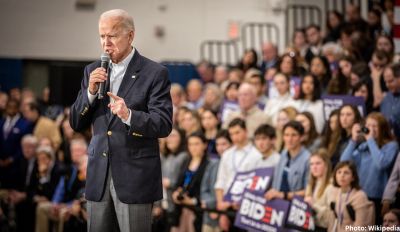The Supreme Court has granted a second major case on social media, focusing on whether the Biden administration violated the 1st Amendment by urging platforms to combat “misinformation and disinformation” related to COVID-19.
Three conservative justices dissented, advocating to maintain a judge’s order that prohibited administration officials from contacting social media sites, emphasizing the importance of protecting private speech. Justice Samuel A. Alito Jr., joined by Justices Clarence Thomas and Neil M. Gorsuch, criticized the court’s decision to take on the issue, considering it “highly disturbing.”
The Supreme Court now faces two opposing perspectives on how the 1st Amendment’s free speech right applies to social media. These perspectives were supported by conservative judges from the 5th Circuit Court of Appeals in New Orleans.
The first perspective argues that a state (in this case, Texas) doesn’t violate the 1st Amendment by imposing heavy fines on privately operated social media platforms for alleged discrimination against conservative viewpoints.
The second perspective suggests that federal officials violated the 1st Amendment by “significantly encouraging” social media sites to remove disinformation.
In both cases, Republican officials from Texas, Louisiana, and Missouri, along with 5th Circuit judges, assert that conservative viewpoints are unfairly suppressed on social media.
In the previous month, the Supreme Court agreed to hear a free-speech challenge to a Texas law granting the state the authority to regulate prominent social media platforms like Facebook, Twitter, and YouTube. The law was criticized by NetChoice, a coalition of tech groups, for violating the free-speech rights of social media sites, but the 5th Circuit upheld it on the basis of combating “censorship.” The Supreme Court temporarily blocked the law with a 5-4 vote.
The new case emerged from a lawsuit initiated by Republican state attorneys general from Missouri and Louisiana, who alleged that federal officials, including the surgeon general and the FBI, had conspired to “censor disfavored speech” by “significantly encouraging social media platforms” to remove certain content.
They brought their complaint to U.S. District Judge Terry Doughty, a Trump appointee in Monroe, Louisiana, who issued a broad order on the Fourth of July that prohibited numerous federal officials and agencies from “urging or encouraging” the removal of “protected speech” from social media. He described the administration’s actions as “arguably … the most massive attack against free speech in United States’ history.”
The Biden administration appealed to the 5th Circuit, and in early September, a different panel of three judges upheld most of the judge’s ruling. They argued that administration officials had engaged in a campaign to pressure social media companies into suppressing content disapproved by the government.
The injunction prohibits the White House and its employees from taking actions that coerce or significantly encourage social media companies to remove protected free speech content. U.S. Solicitor General Elizabeth B. Prelogar, representing the government, filed an emergency appeal to the Supreme Court, asking it to block the judge’s order and rule on the constitutional dispute.
She contended that the case involves an unprecedented injunction that empowers the U.S. District Court for the Western District of Louisiana to oversee the Executive Branch’s communications with and about social media platforms. She argued that the states lacked standing to sue, and White House officials had the right to speak out against the spread of falsehoods about COVID vaccines or the 2020 election.
The complaints from the Republican state attorneys general extended beyond COVID-19, as they claimed that “the FBI orchestrated a deceptive campaign to induce platforms to censor the New York Post’s October 14, 2020 story about Hunter Biden’s laptop, just before the 2020 election.” They also alleged that federal censorship activities intensified when President Biden took office in early 2021.
Jeff Landry, the Louisiana attorney general who initiated the lawsuit, was elected as the state’s governor last week.

